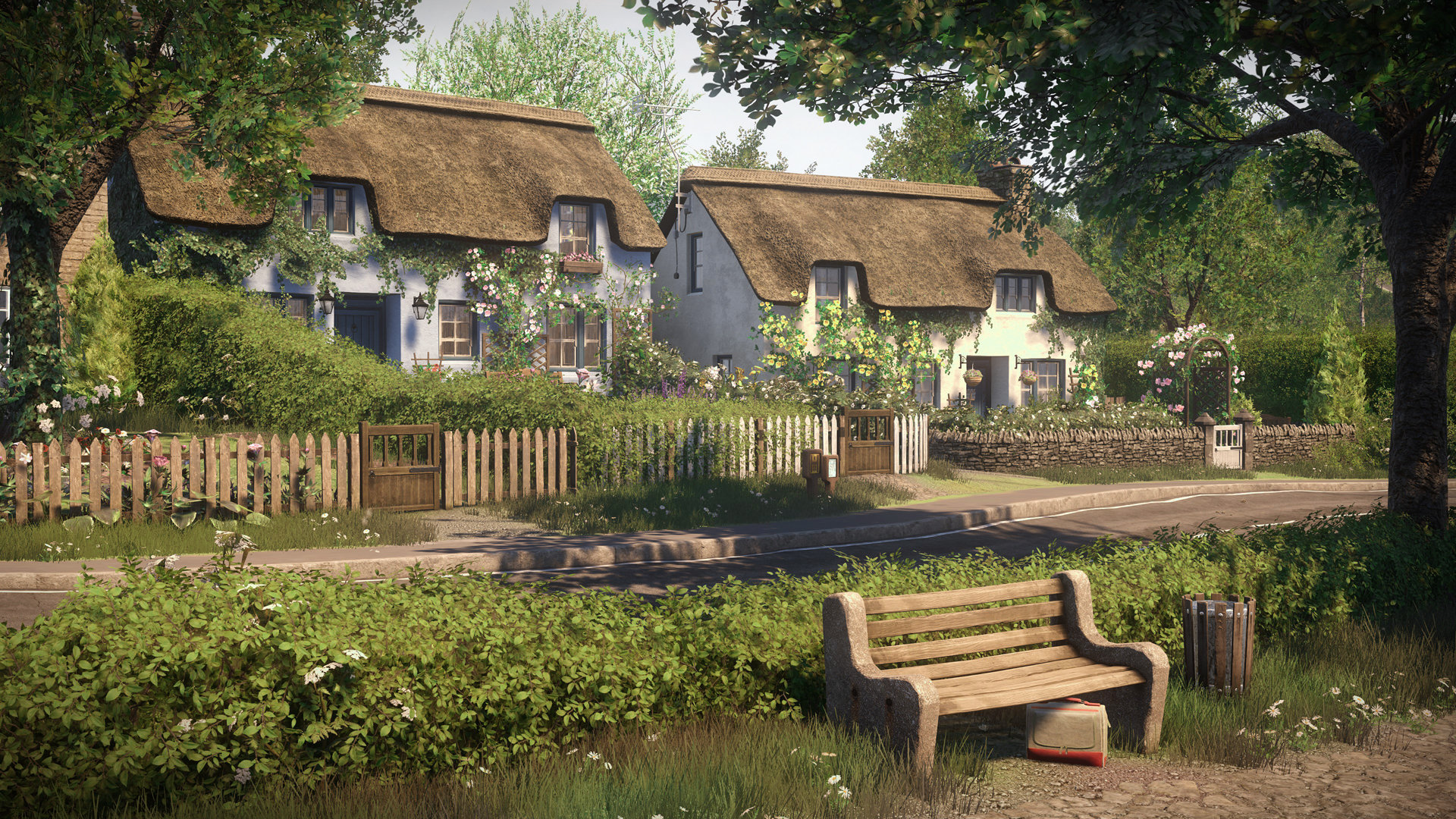It’s not dead but the development team is gone
The Chinese Room is in a hard way right now. The Dear Esther and Everybody’s Gone to the Rapture developer holds a spot in video game history for being one of the earliest and most well-known creators of the “walking simulator.” But The Chinese Room is tired of making those kinds of games. Burnout and boredom are serious issues but financial problems are exacerbating the severity of it all.
In a lengthy report from Eurogamer, it’s said that The Chinese Room has gone dark for now. Its two leaders, Dan Pinchbeck and Jessica Curry, laid off the studio’s eight employees in late July. They couldn’t justify the £40,000 per month cost anymore. The company’s workspace has been moved from a proper office to Pinchbeck and Curry’s home.
The most obvious reason for this is because The Chinese Room has not yet been able to secure funding for another game. After Everybody’s Gone to the Rapture, it created another titled called So Let Us Melt for Google Daydream. Right now, there’s nothing lined up. It’s hard to run a business when there’s not really much money coming in.
The Chinese Room is in talks with publishers for its next game, but no one has committed to anything yet. That’s partially because of what the developer wants to do next. Pinchbeck says “We’re done with doing walking sims and story stuff. We wanted to do something more complex, more involved and bigger scale. And that takes a long time to negotiate, which makes it difficult if you are coming to the end of a project, you’re burning £35-40,000 a month, and you know you’re probably looking at another five or six months worth of negotiations going ahead, where you’ve got no income coming in.”
However, there’s more to it than just money. Pinchbeck and Curry seem just flat-out tired right now. Pinchbeck mentions that the two have been at “full sprint” for five years now, constantly working on a game. There’s an anecdote about finishing A Machine for Pigs on a Friday and starting Everybody’s Gone to the Rapture the following Monday. Rapture‘s world needed building five different times before the game shipped, due in part to localization quirks with publisher Sony Santa Monica. The relationship with Sony Santa Monica had become so “desperately toxic” that Curry wrote a blog post two years ago explaining that she was “sort of” leaving The Chinese Room.
Eurogamer’s story is worth the read, as it casts a light on the perils of running a small-ish studio (from both a financial and individual workload perspective) and how tough breaking away can be when you’re typecasted into making certain kinds of games. For now, The Chinese Room isn’t gone. Pinchbeck and Curry say that they’ve shut down the development team, not the entire studio. The company will likely come back, but probably not until everyone’s good and ready. Everything’s up in the air at this point except for one thing: Whenever The Chinese Room returns, its next game isn’t likely to be a walking simulator.
The doors close on The Chinese Room – for now [Eurogamer]


